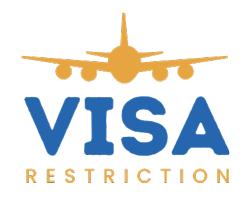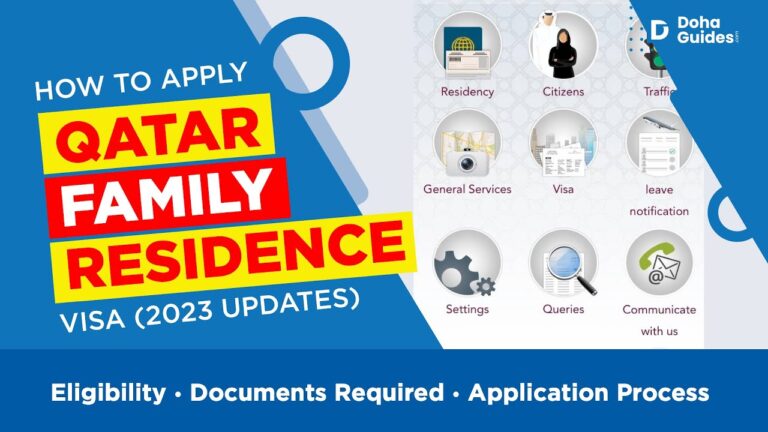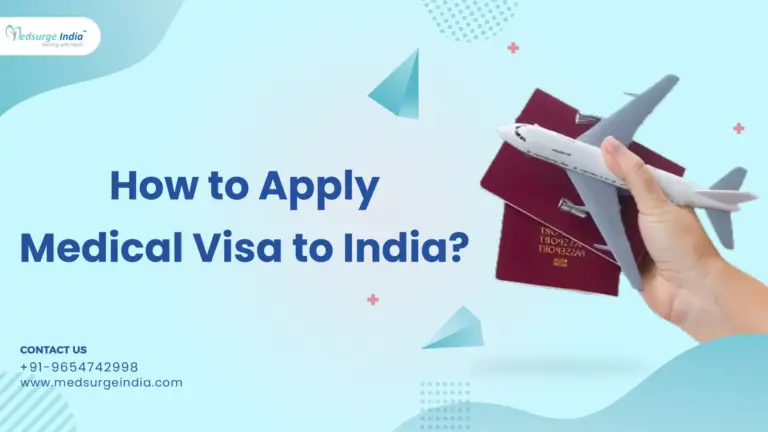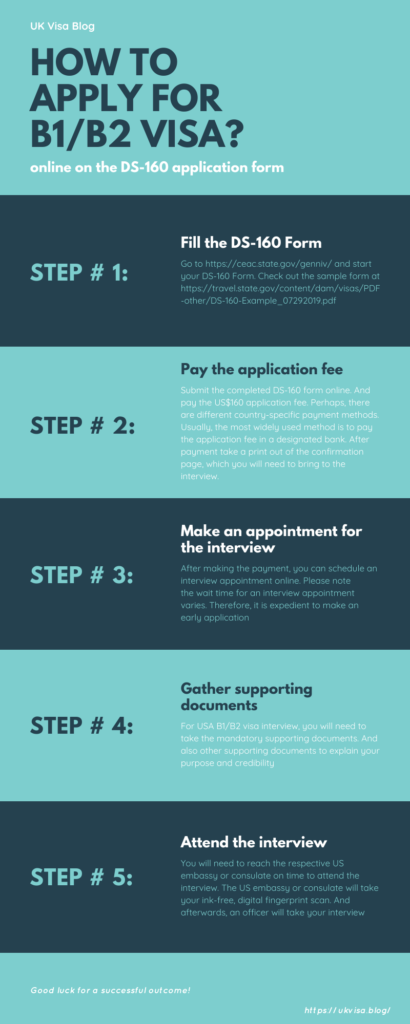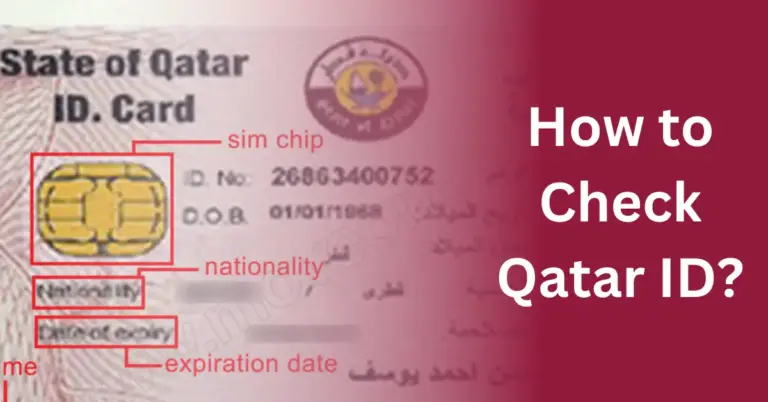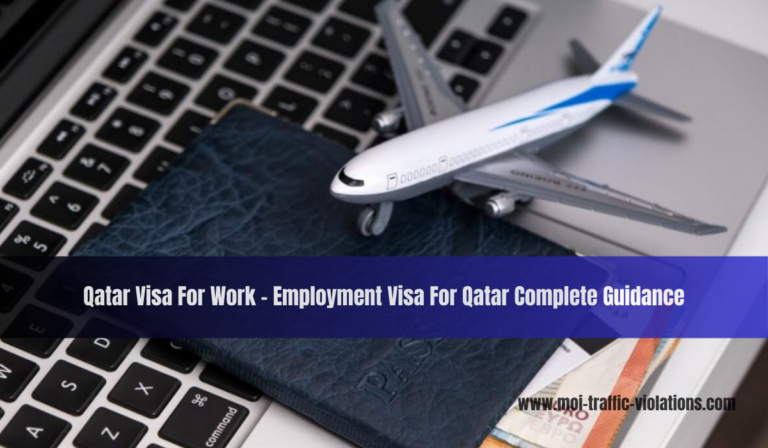Budget Like a Pro: Insider Travel Budgeting Vocabulary Guide
Understanding Travel Budget Basics
Traveling can be an exhilarating experience, but managing your expenses efficiently is key to a stress-free trip. By understanding travel budget basics, you can better navigate your financial planning and ensure a smooth journey.
Importance of a Travel Budget
Creating a travel budget is essential if you are planning a trip. This not only helps you set a realistic goal for saving but also ensures you make prudent spending decisions during your travels. According to BudgetBakers, a well-prepared budget allows you to plan for all possible costs, thereby avoiding financial surprises. Having a budget helps you manage your travel without incurring unnecessary debt or exceeding your financial limits.
Elements of a Comprehensive Travel Budget
To create a thorough travel budget, you must consider various components. According to BudgetBakers, the primary elements to include are:
-
Transportation: This covers the cost of flights, trains, buses, or any other modes of travel to and from your destination.
-
Accommodation: This includes hotels, hostels, Airbnb rentals, or any other types of lodging.
-
Local Transportation: Getting around within your destination, including public transport, taxis, or ride-sharing services.
-
Meals: Daily food and drink expenses. For a deeper understanding, visit our article on restaurant etiquette phrases.
-
Activities: Entrance fees, tours, and recreational activities.
-
Souvenirs: Money set aside for purchasing gifts or memorabilia. For related vocabulary, see souvenir shopping vocabulary.
-
Emergencies: A reserve fund for unexpected expenses, such as medical emergencies.
A sample table outlining a comprehensive travel budget may look like this:
| Expense Category | Estimated Cost ($) |
|---|---|
| Transportation | 600 |
| Accommodation | 800 |
| Local Transportation | 200 |
| Meals | 300 |
| Activities | 250 |
| Souvenirs | 100 |
| Emergencies | 150 |
| Total | 2400 |
Being well-versed in the tourist glossary terms can enhance your travel experience and help you navigate different aspects of your trip with ease. For more information on key vocabulary, explore our vacation glossary guide and traveler’s lexicon.
Understanding the significance of a travel budget and knowing the elements to include in your financial plan allows you to travel smart and make the most out of your adventure.
Allocating Budget for Travel Expenses
In order to manage your travel budget effectively, it’s crucial to allocate your funds wisely across various expenses. Understanding these different categories will help you ensure that you have enough money for each part of your trip.
Major Expenses to Consider
Your travel budget should account for several major expenses. These often include:
- Transportation: This includes flights, trains, buses, and other forms of travel to and from your destination as well as local transportation.
- Accommodation: The cost of hotels, hostels, or any other lodging.
- Daily Transportation: Expenses for getting around daily while at your destination.
- Meals: Budgeting for food and drink throughout your trip.
- Activities: Costs related to tourism activities, entrance fees, tours, and other planned experiences.
- Souvenirs and Shopping: Money set aside for purchasing mementos or gifts.
- Emergencies: Funds reserved for unforeseen situations.
It’s beneficial to have a rough estimate for these costs (BudgetBakers). Here’s a sample budget table:
| Expense Type | Estimated Cost |
|---|---|
| Transportation | $500 |
| Accommodation | $700 |
| Daily Transportation | $100 |
| Meals | $300 |
| Activities | $250 |
| Souvenirs | $100 |
| Emergencies | $200 |
Budgeting for Food Expenses
Food is a significant part of your travel budget. Budget travelers can base their daily food expenses on the cost of their nightly accommodation. A good rule of thumb is to budget an additional 2 to 2.5 times the price of your accommodation per night (BudgetBakers).
Here are a few tips to manage your food budget:
- Cook at Least One Meal a Day: This saves money, especially for breakfast or simple meals.
- Opt for Local Foods: Seasonal and locally consumed items tend to be cheaper and offer a taste of the local culture.
- Look for Deals: Many destinations have markets or street food options that are both affordable and delicious.
| Accommodation Cost | Daily Food Budget (2x) | Daily Food Budget (2.5x) |
|---|---|---|
| $50/night | $100/day | $125/day |
| $80/night | $160/day | $200/day |
For more detailed tips, visit our article on restaurant etiquette phrases.
Setting Aside for Emergencies
Unexpected events can occur when you least expect them, making it essential to set aside a portion of your budget for emergencies. A good recommendation is to reserve two to three days’ worth of living expenses per person for unforeseen circumstances (BudgetBakers). This could include medical emergencies, additional accommodation costs, or impromptu changes in your travel plans.
For instance, if your daily expense estimate is $100, setting aside $200 to $300 for emergencies is advisable.
| Emergency Fund | Saving Rule (x2) | Saving Rule (x3) |
|---|---|---|
| $100/day | $200 | $300 |
| $150/day | $300 | $450 |
Setting aside emergency funds can give you peace of mind and make your trip more enjoyable. For additional financial tips while traveling, refer to our guide on travel insurance jargon.
Incorporating these travel budgeting tips will help you allocate your budget efficiently, ensuring smooth and enjoyable travels while avoiding financial stress. For a deeper dive into essential travelers’ terms, visit our article on tourist glossary terms.
Enhancing Your Travel Experience
Developing a solid grasp of travel budgeting vocabulary can significantly enhance your travel experience. In addition to mastering the financial aspects, gaining proficiency in English can ease your interactions and improve your journey overall.
Importance of English Language Proficiency
English is often referred to as the universal tongue, widely used in various sectors like hotels, transportation, food and beverage services, and activities. Proficiency in English allows you to communicate effectively with hotel staff, transportation personnel, restaurant employees, and others who play a crucial role in making your travel smooth and enjoyable. This skill helps you navigate different settings, book accommodations, order food, and handle emergencies efficiently (Fastinfo Class).
By understanding and using essential tourist expressions, you can enhance your travel experience by building rapport and making interactions more pleasant. It also helps in understanding and responding to instructions or warnings, thus ensuring your safety and convenience.
Learning Basic English for Travel
Learning basic English is invaluable for travelers planning to visit English-speaking countries or regions where English is commonly spoken. Knowing simple phrases and common tourist jargon can make a significant difference. Here are some essential areas where basic English can improve your travel experience:
- Communication with Locals: Simple greetings, asking for directions, and polite expressions can go a long way in creating positive interactions.
- Navigating Transportation: Understanding key terms and expressions can help you use public transport systems efficiently.
- Ordering Food: Knowing how to read menus and place orders in English ensures you enjoy meals without confusion.
- Shopping: Familiarity with shopping-related vocabulary can enhance your souvenir shopping experiences.
- Handling Emergencies: Knowing how to express distress and ask for help can be crucial in emergencies.
| Area | Common Phrases | Example |
|---|---|---|
| Greetings | Hello, how are you? | “Hello, how are you today?” |
| Directions | Where is…?, Turn left/right | “Where is the nearest bus stop?” |
| Transportation | Ticket, Route, Schedule | “I’d like to buy a ticket to…” |
| Food | Menu, Check, Delicious | “Can I see the menu, please?” |
| Shopping | Price, Size, Buy | “How much does this cost?” |
| Emergencies | Help, Police, Doctor | “I need help, please!” |
Sources: Fastinfo Class
By incorporating travel-related vocabulary into your preparations, you set yourself up for a more enjoyable and stress-free journey. To further expand your language skills, explore our resources on tourist glossary terms and tourist language basics.
Managing Fixed and Variable Costs
Effectively managing your finances while traveling starts with understanding the distinction between fixed and variable expenses. This knowledge helps you allocate your budget wisely and ensures a more enjoyable trip.
Differentiating Fixed and Variable Expenses
Fixed costs are expenses that remain consistent regardless of the level of activity or consumption. These costs are easier to plan and predict since they do not fluctuate frequently. Examples include:
| Expense Type | Examples |
|---|---|
| Fixed Expenses | Airfare, insurance, visa fees |
| Variable Expenses | Food, local transport, souvenirs |
Variable costs, on the other hand, change based on your spending habits and travel activities. These costs can fluctuate dramatically, making them harder to monitor and control. Some typical examples include:
- Food and dining
- Local transportation (taxis, ride-sharing apps)
- Souvenirs and shopping
Understanding these categories is essential for any traveler aiming to budget effectively. You can read more about fixed and variable expenses in our tourist glossary terms.
Utilizing Cost Knowledge for Business Success
When planning travel, recognizing the difference between fixed and variable costs can significantly impact your budget and overall experience. By identifying these categories, you can make more informed decisions and manage your travel funds better.
Successful planning includes:
-
Allocating Resources Efficiently: Ensure that there’s enough money set aside to cover both your fixed expenses and variable costs. For further advice on resource allocation, visit our vacation glossary guide.
-
Controlling Costs: Knowing what costs are fixed can help you set a baseline budget. You can then adjust your spending on variable expenses to stay within your financial limits. For tips on managing travel expenses, check out holiday lingo explained.
-
Break-Even Analysis: Just like in business, travelers can use break-even analysis to determine how much they need to save or allocate for their trip. This involves listing all fixed and variable costs to project overall travel expenses.
Here’s a basic table illustrating fixed and variable costs in a travel budget:
| Expense Category | Fixed Cost Example | Variable Cost Example |
|---|---|---|
| Accommodation | Hotel pre-booking | Extra nights due to travel delays |
| Transportation | Flight tickets | Local taxis or ride-sharing |
| Food | Prepaid meals | Dining out at local restaurants |
| Activities | Tour packages | Spontaneous attractions or activities |
Managing these costs effectively ensures more predictable and sustainable travel budgeting. Understanding these terms can help you better navigate other related topics like travel insurance jargon and the tourism industry terms.
Mastering these budgeting techniques enables you to handle travel expenses like a pro while maximizing your enjoyment and minimizing unexpected costs.
